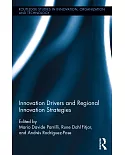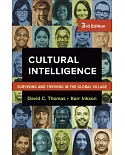This innovative Handbook widens our understanding of knowledge management, a field that has risen to prominence in recent decades. It collects contemporary insights from more than 30
contributors into the rich tapestry of knowledge management practices across a broad landscape of cultures and socio-political contexts. The contributors offer authoritative analyses to inform
practical applications of knowledge management, along with provoking reinterpretations of its developmental potential to guide future innovation and research in this field.The starting point
for discussion centers around establishing a common definition for knowledge management, a concept that has remained nebulous since its inception. Expert contributions examine the relevance of
this common definition within various contexts, such as Buddhist organizations, law firms, the army and indigenous organizations. The contributors explore how knowledge management could be
effectively applied in these very diverse contexts. Some contributors analyze the universality of Ikujiro Nonaka’s concept of knowledge management. Other contributors suggest alternative
definitions of knowledge management. While previous literature has primarily focused on how knowledge management is practiced currently, this handbook sets out alternative visions and
conceptualizations of knowledge management in diverse settings and is, thus, focused on how knowledge management ideally should be practiced in various contexts.This Handbook of Research on
Knowledge Management will appeal as a point of reference for academics and students of business and management, business administration, sociology and organizational behavior. Practitioners,
managers and business-owners alike will also find this an invaluable resource.







